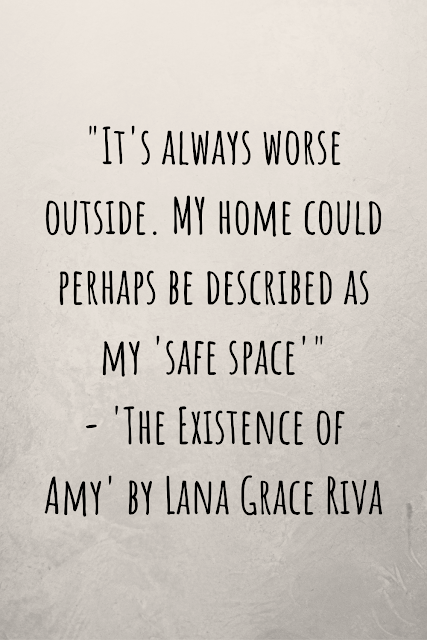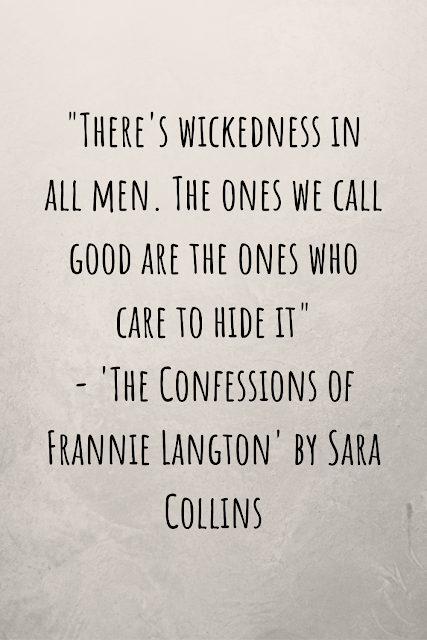There's so much history from around the world that I'm entirely clueless about, and the tensions in the 1990s at the India-Pakistan border definitely fall into that category. I love to read books that teach me something about history, and this really did, though I could do with a bit of a deep dive into exactly what created the tensions and how they were played out more broadly.
The Collaborator is set in Kashmir, along the India-Pakistan border. Our main character is a teen who is working with the Indian army who occupy Kashmir. He navigates the wasteland of the landscape he grew up in, collecting what possessions he can from the bodies that litter it, and hating both himself and his boss as he does so. His closest school friends have crossed the border to train as freedom fighters, and he struggles to know why they excluded him from this plan, and whether they've done the right thing.
The author tells the story of what happened to the people of Kashmir in devastating prose. The reader sees the impact of the conflict and occupation first on the militants who are fighting the occupation and lie dead, but then through the eyes of a mother watching her son be taken away, the women who have been raped and cannot feed their children as their food has been seized, the communities of elders who are disrespected and abused. It's a tough read, but a necessary one to help understand this part of history.
I found the book very emotive and well written. It takes you through the loss of innocence both of a teenage boy and an entire village; both are forced to engage in and watch military brutality. I found the book a little slow at times, which is why I gave it 4 stars, but the images of the landscape that the narrator had to deal with feel like something that will stick with me for a long time.







